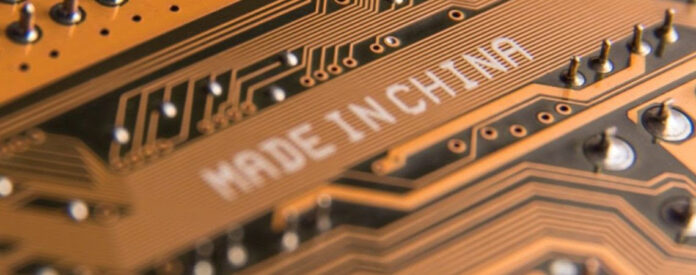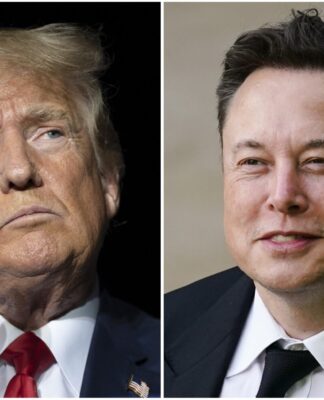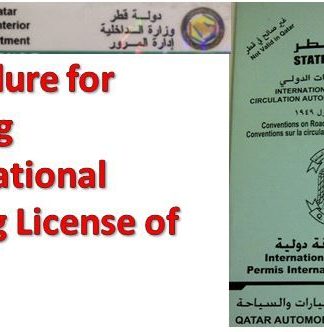CONTACTBECOME A MEMBER
EVENTS
GET INVOLVED
WITA ACADEMY
RESEARCH
ABOUT
Blogs > America Could Lose the Tech Contest With China
America Could Lose the Tech Contest With China
09/08/2022 | Eric Schmidt and Yll Bajraktari | Foreign Affairs
How Washington Can Craft a New Strategy
A security guard at China International Industry Fair in Shanghai, China, September 2018
A security guard at China International Industry Fair in Shanghai, China, September 2018
Aly Song / Reuters
The United States is in the midst of a high-stakes competition with China for dominance in the next wave of technological innovation. Despite a flurry of activity at the federal level over the past three years, Washington has for the most part been playing catch-up.
This summer, with the CHIPS and Science Act, the U.S. government committed to provide the semiconductor chip industry with more than $50 billion in federal investment over the next five years. But that was only after a supply-chain crisis had roiled the U.S. economy for two years as a result of the COVID-19 pandemic, and after the Pentagon had warned that it had become dependent on East Asian suppliers for 98 percent of the commercial chips it uses.
In 2019, the United States ramped up a diplomatic campaign to thwart China’s bid to dominate the world’s 5G infrastructure. But that was only after the massively state-subsidized Chinese companies Huawei and ZTE undercut major Western competitors, seemingly cemented positions in the communications networks of U.S. allies, and flooded the zone in standard-setting bodies.
And last year, the National Security Commission on Artificial Intelligence (on which both of us served) delivered its final report, calling for a comprehensive approach to sustaining U.S. leadership in education, research, and applications in AI that would mean an infusion of millions in new federal investment and a sustained government focus. But that report came out four years after China had already launched its national strategy on artificial intelligence, which generated billions in new funding, identified national-champion companies, and integrated AI into Beijing’s military-civil fusion strategy.
This reactive approach is hardly a recipe for future success. The United States needs to win on these tech battlegrounds and make sure it is not caught by surprise again. Even taking into account the important steps Washington has taken in the past three years, it is hard to say with any confidence that the United States is now better positioned or organized for the long-term contest. Washington cannot sit by and allow Beijing to gain an advantage on the next round of emerging technologies, which will extend beyond the digital domain to include biotechnology, smart manufacturing, and new methods for producing and storing energy.
Technology is at the heart of the U.S.-Chinese competition to build a thriving society, a growing economy, and sharper instruments of power. At stake is the future of political freedom, open markets, democratic government, and a world order rooted in democratic values and cooperation rather than authoritarianism and coercion. Washington needs a national plan that brings together commercial, academic, and government sectors to carry out a techno-industrial strategy. And the federal government needs to make a serious commitment to revamp the instruments of U.S. statecraft, including the military, to weather a prolonged period of danger.
Read the full piece at Foreign Affairs: America Could Lose the Tech Contest with China | Foreign Affairs
Contact
wita@wita.org





























